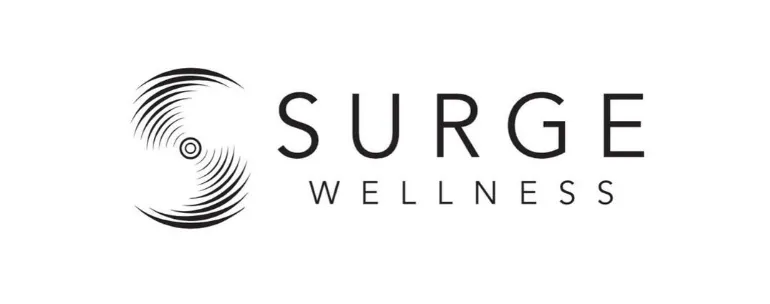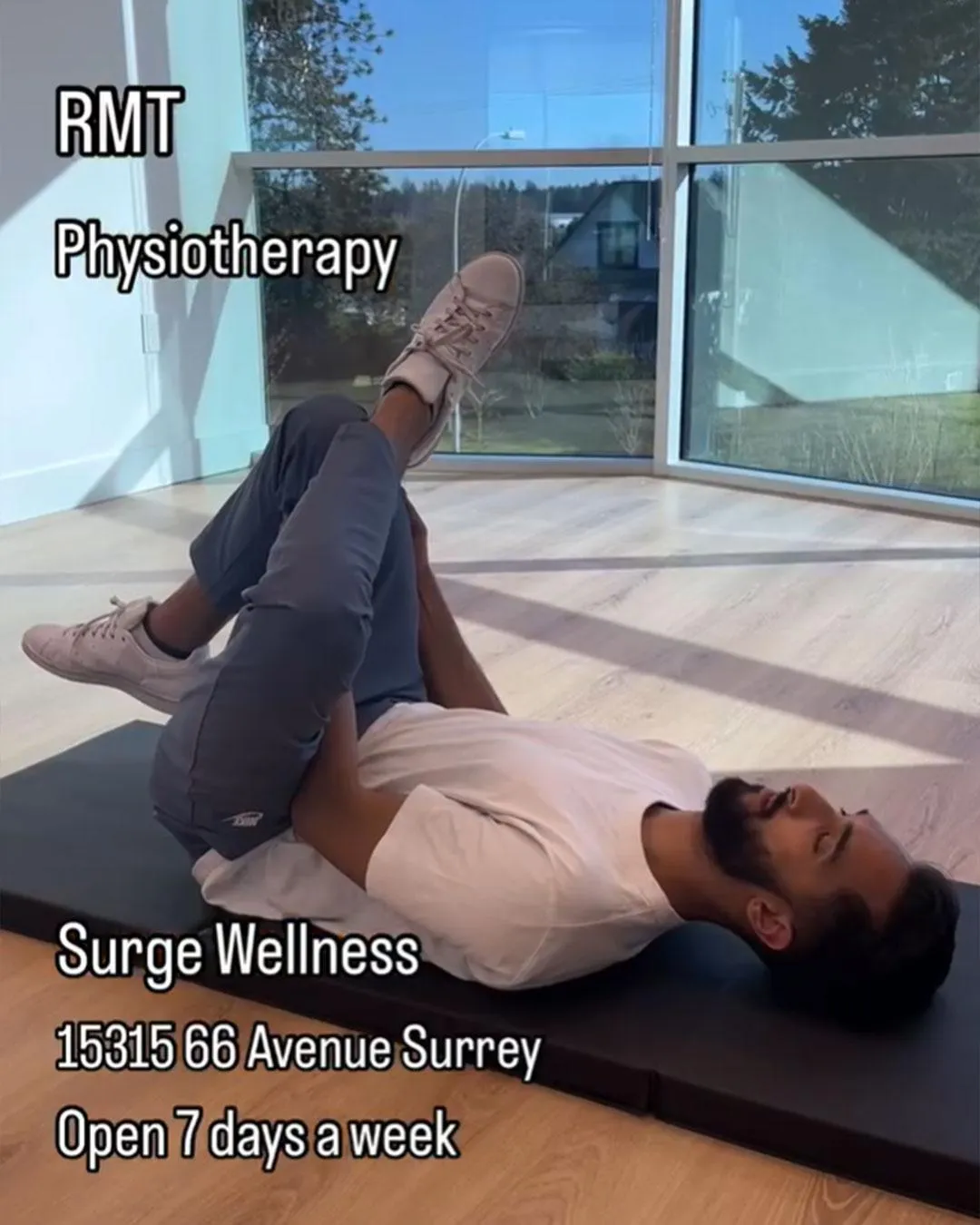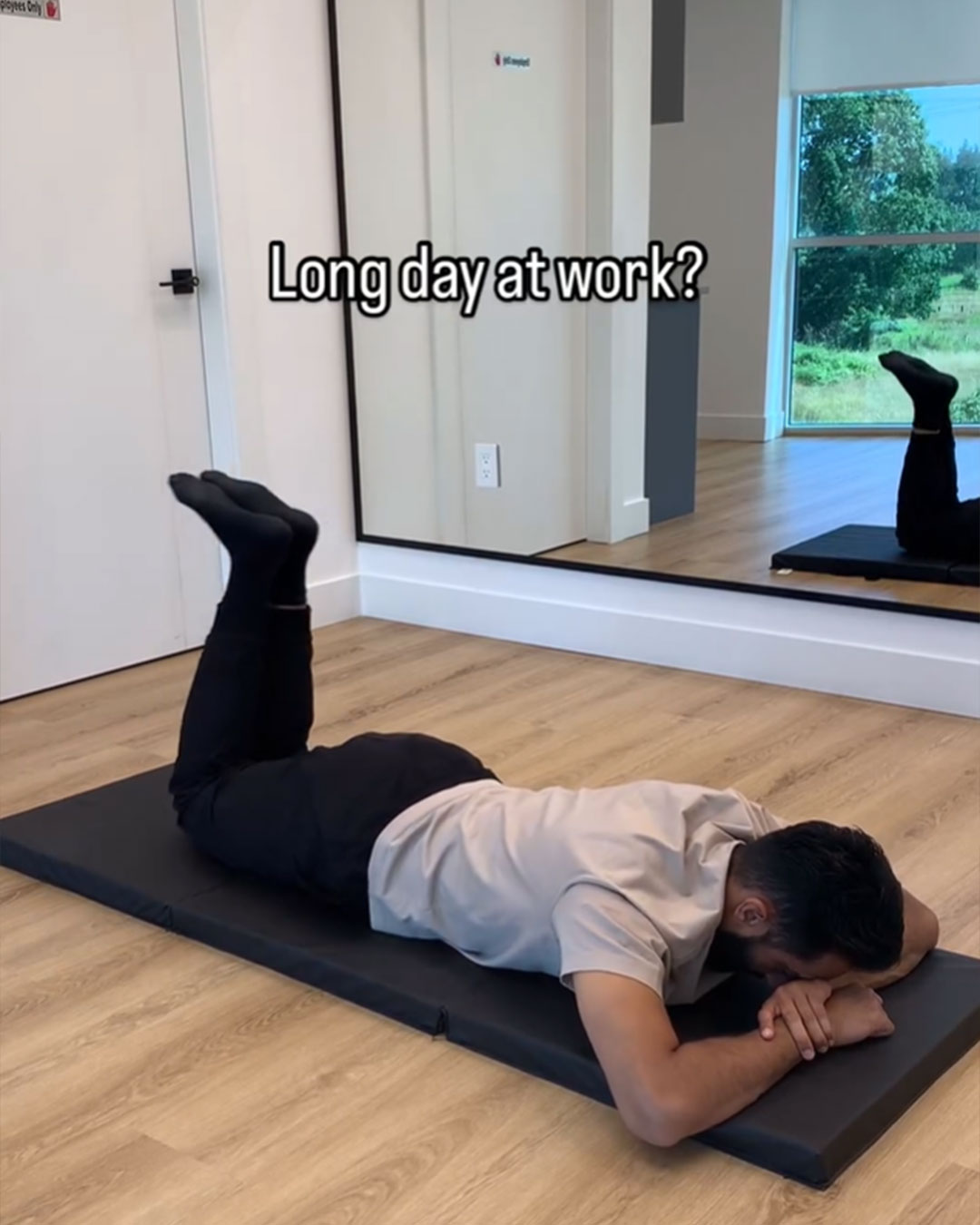Headaches
Headaches
Headaches are a common and often debilitating condition that can range from mild discomfort to intense, throbbing pain. Many types of headaches, including tension headaches and migraines, are associated with muscle tension, poor posture, or stress. These headaches can severely impact daily activities, making it difficult to focus and enjoy day-to-day life. At Surge Wellness, we understand how headaches can disrupt your well-being, and we are committed to identifying the underlying causes to provide you with effective, lasting relief.
Living with chronic headaches can be exhausting and frustrating, especially when over-the-counter remedies offer only temporary relief. Without a targeted approach, headaches can become a recurring issue that affects your overall health and productivity. At Surge Wellness, we believe in addressing the root causes of your pain through a personalized approach to help manage symptoms, improve comfort, and enhance your quality of life. Our goal is to relieve your pain, support your recovery, and restore balance to help you live headache-free.
How We Treat Headaches
At Surge Wellness, we use a combined approach of physiotherapy and massage therapy to treat headaches effectively. Our physiotherapists conduct a comprehensive assessment to identify tension areas in the neck, shoulders, and upper back that may be contributing to your headaches. Based on this evaluation, we design personalized treatment plans that may include posture correction, stretching, and strengthening exercises to relieve tension and reduce headache frequency and severity.
Massage therapy also plays an essential role in headache relief by targeting muscle tension and stress that often trigger or worsen headaches. Our registered massage therapists use techniques like deep tissue massage and trigger point therapy to relieve muscle tightness, improve circulation, and ease discomfort. This combined approach helps alleviate existing headaches and prevents future occurrences, giving you sustainable relief and a clearer path to wellness.
See What People Say About Our Services
Hear from our satisfied clients who have experienced lasting relief and improved mobility through our expert care. Discover why Surge Wellness is a trusted name in the community.
What conditions does physiotherapy treat?
Physiotherapy is effective in treating a wide range of conditions, including back pain, sports injuries, arthritis, post-surgical recovery, and neurological disorders. It helps with pain management and mobility improvement.
How long will my physiotherapy session last?
A typical physiotherapy session lasts between 45 minutes to an hour, depending on your treatment plan and the complexity of your condition.
Do I need a doctor's referral for physiotherapy?
In most cases, a referral is not required to see a physiotherapist. However, some insurance providers may require one for coverage purposes, so it’s best to check with your provider.
How many sessions will I need?
The number of sessions varies depending on the severity of your condition and your personal recovery goals. Your physiotherapist will assess your needs and recommend an appropriate treatment schedule.










